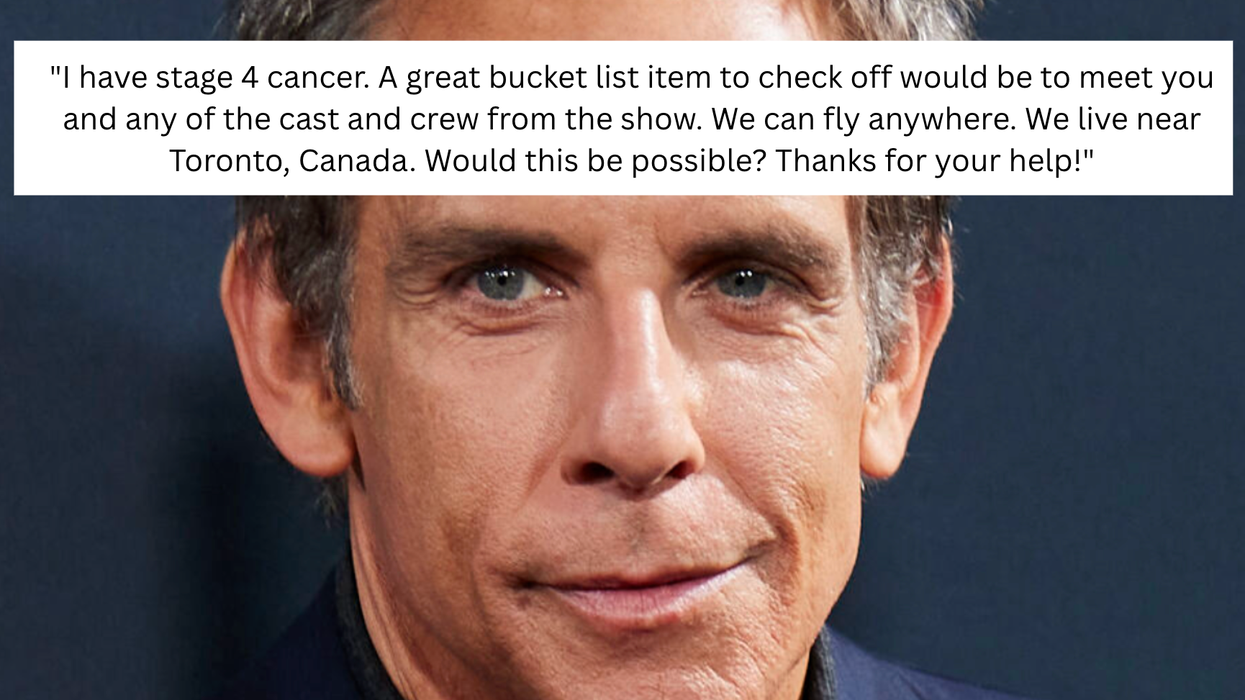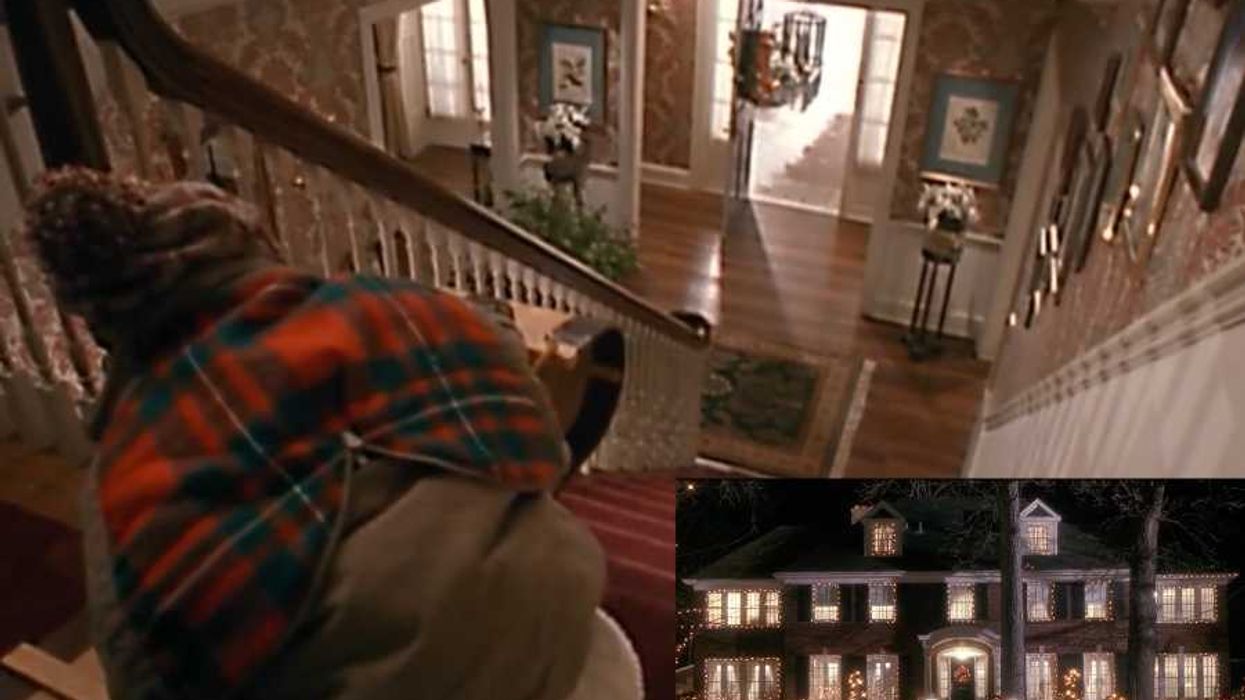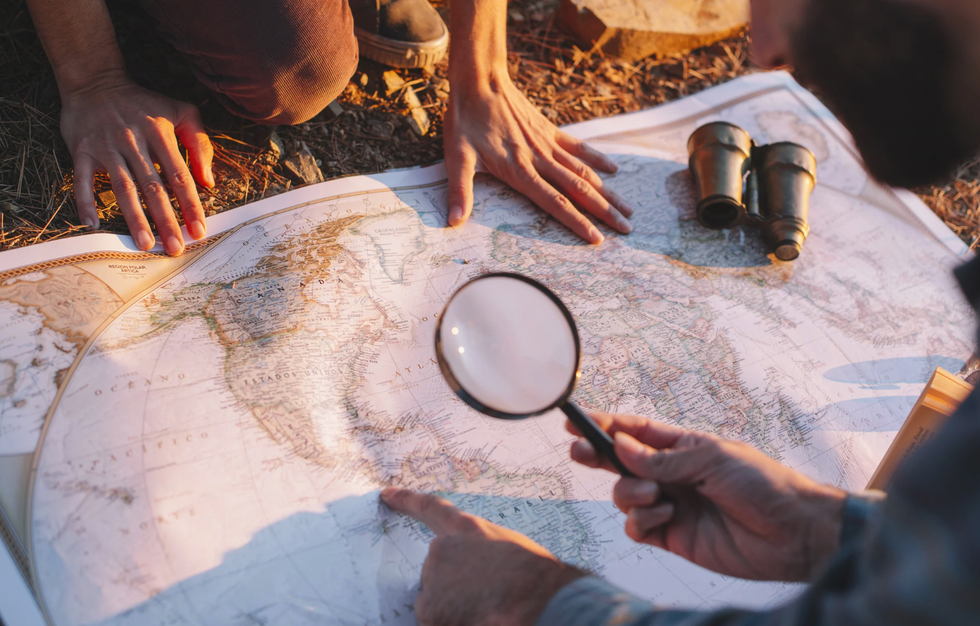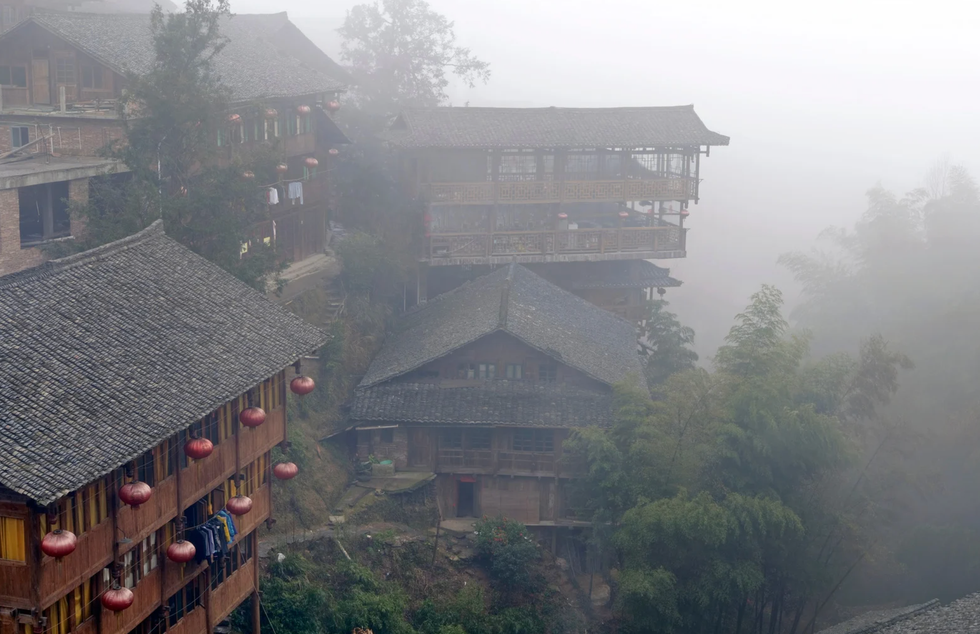For our Road Map to Harmony project, we've examined the world from nine different perspectives:
13 percent of the world's energy comes from renewable sources
GOING FORWARD
The amenities of 21st century life-cars, TVs, laptops, etc.-require a lot of power. Unfortunately, our means of energy production are not sustainable. We need to turn to renewable energy sources (solar, wind, geothermal); the European Renewable Energy Council set a goal of making 50 percent of the world's energy renewable by 2050.How can we create more clean and renewable energy?
14 percent of the world's population is undernourished
GOING FORWARD
Not everyone eats three square meals per day. While that number of people in that situation is falling, our exploding population and rising food prices could present a challenge in achieving the U.N. Millennium Development Goal of halving the number of people who go hungry by 2015.How can we provide all people the food and water necessary to live?
86 percent of the world's children complete primary school
GOING FORWARD
Getting kids an elementary school education is the most effective way to prepare them to help themselves. Books and materials sent to children in the developing world get them hooked on learning, propelling us toward another of the U.N.'s Millennium Development Goals: 100 percent of children completing primary school by 2015.How can we make sure all children receive a basic education?
3 out of 5 people have access to hygienic sanitation facilities
GOING FORWARD
Don't take your toilet for granted-40 percent of people don't have proper sanitation that separates them from human waste. Many of these people live in rural areas and are especially vulnerable to illness. The U.N. wants to "redouble our efforts" and ensure access to at least a simple pit latrine for 77 percent of the world's people by 2015.How can we ensure that everyone lives in clean conditions?
385 parts per million of carbon dioxide in the atmosphereGOING FORWARDOur energy-intensive lifestyle is not helping us keep our atmosphere's carbon count down. According to the eco-activist campaign 350.org we need to limit carbon consumption and reduce the concentration of carbon dioxide in the atmosphere to 350 parts per million. Otherwise we risk "runaway climate change."How can we clean up our atmosphere and make it better for life?
16,928 threatened plant and animal species
GOING FORWARD
The creatures with which we share the Earth are suffering from habitat loss, largely due to our swelling population, growing food needs and increasing energy demands. The Convention of Biological Diversity called for a "significant reduction" in the rate of biodiversity loss worldwide; the European Union wants to stop biodiversity loss entirely in Europe by 2010.How can we protect the Earth's biodiversity?
57 percent of the world's GDP is made up of trade
GOING FORWARD
Borders are opening up, and goods and services are flowing more freely. But we need to increase trade to give developing countries greater access to the global marketplace. More than 20 percent of the goods coming from those countries are subject to high tariffs. The U.N. wants to cut down the proportion of goods with tariffs to three percent.How can we create a more equitable global marketplace?
1 out of 5 people have access to the internet
GOING FORWARD
Internet usage was near zero 15 years ago. Today, 50% of people with internet access have broadband connections. That's not the case everywhere-only 1% of users in Africa have high-speed access. Microsoft wants 2 billion people using computers by 2015. By then, improved connection speeds worldwide could help create a more diverse ‘net.How can we better share information around the world?
6.5 billion people in the world
GOING FORWARD
Our ranks are growing, and many are worried that the Earth can't sustain our booming population. There are more than 6.5 billion of us right now. Lester Brown, author of Plan B 3.0: Mobilizing to Save Civilization, calls for diverting one sixth of the money budgeted for military purposes to create a more livable and sustainable society for everyone.How can we provide everyone enough space and resources and make sure they all get along?


















 The Emergency Department.Photo credit:
The Emergency Department.Photo credit:  Little girl with a splinter.Photo credit:
Little girl with a splinter.Photo credit:  Woman on phone after car accident.Photo credit:
Woman on phone after car accident.Photo credit: 

 A hotel clerk greets a guestCanva
A hotel clerk greets a guestCanva Gif of Faye Dunaway' as Joan Crawford demanding respect via
Gif of Faye Dunaway' as Joan Crawford demanding respect via  An empty rooftopCanva
An empty rooftopCanva
 A road near equatorial Atlantic OceanCanva
A road near equatorial Atlantic OceanCanva Waves crash against rocksCanva
Waves crash against rocksCanva

 Two people study a mapCanva
Two people study a mapCanva Foggy Chinese villageCanva
Foggy Chinese villageCanva